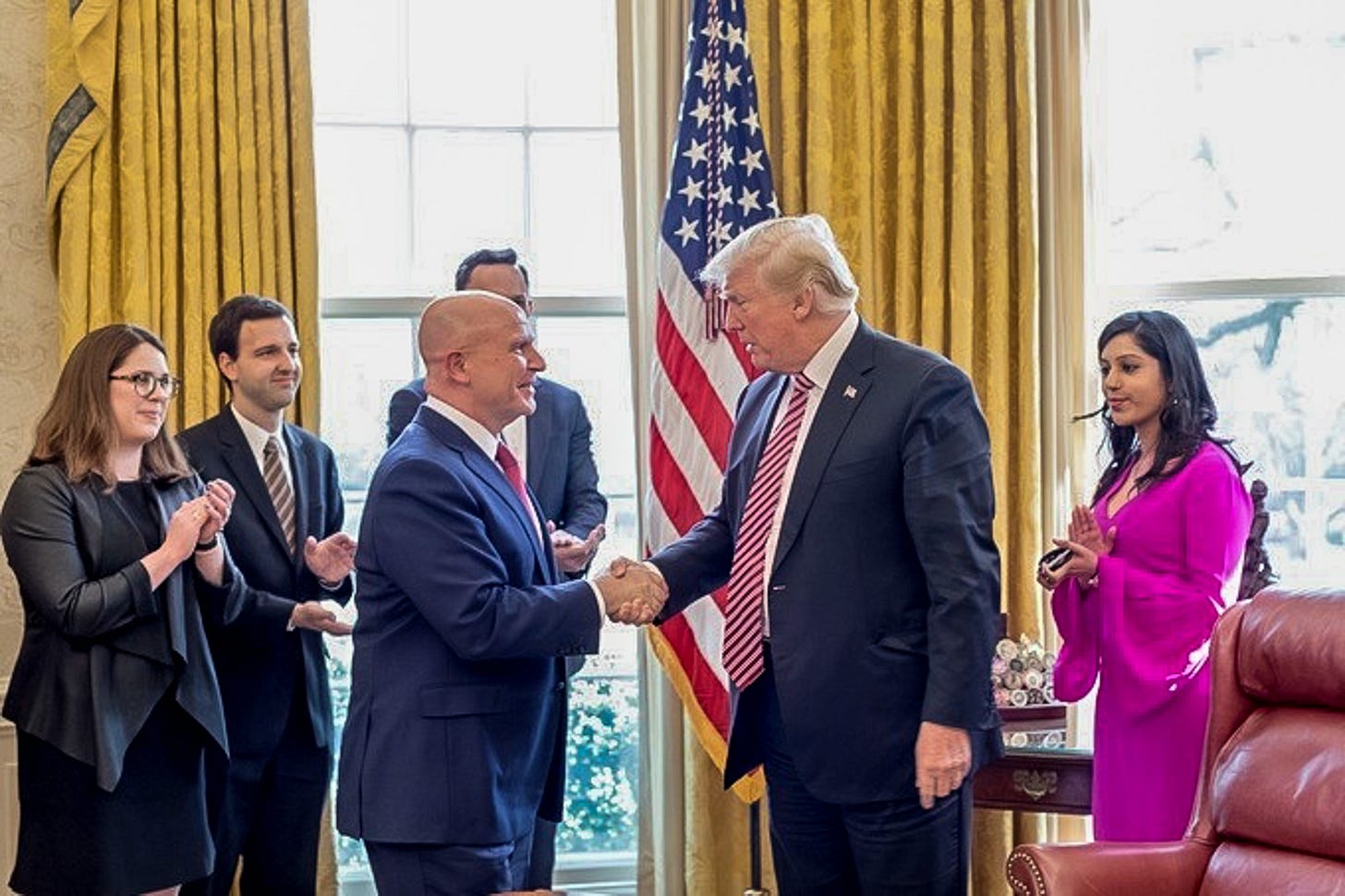What President Trump Can Do to Fulfill His Campaign Promise on the JFK Files
Congress can help prevent a repeat of 2017-2018, when secrecy prevailed over the public interest

During the 2024 presidential campaign, President-elect Donald Trump stated on several occasions that he would release the r…
Keep reading with a 7-day free trial
Subscribe to JFK Facts to keep reading this post and get 7 days of free access to the full post archives.



